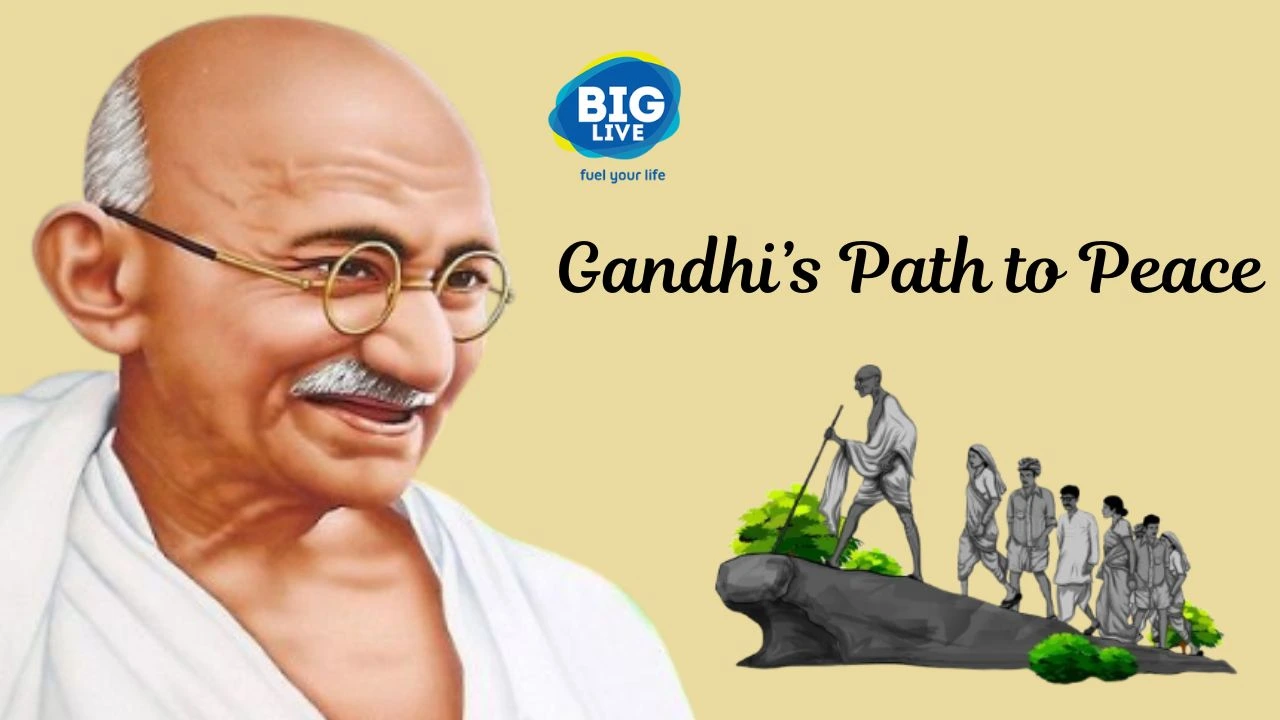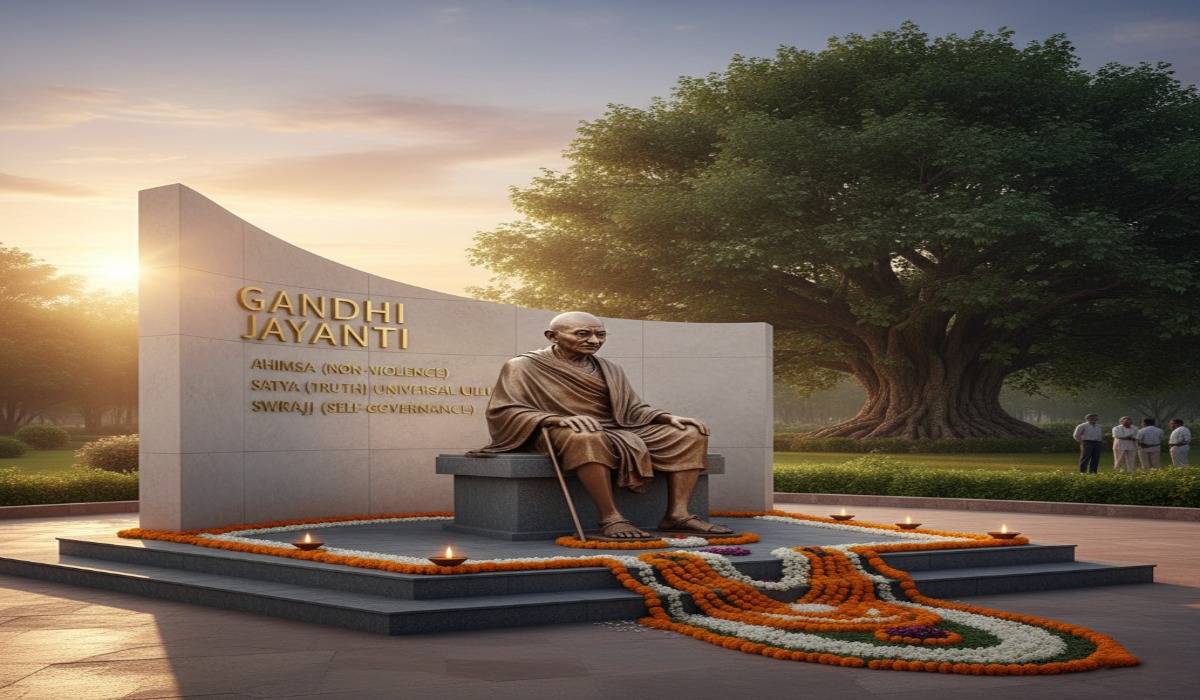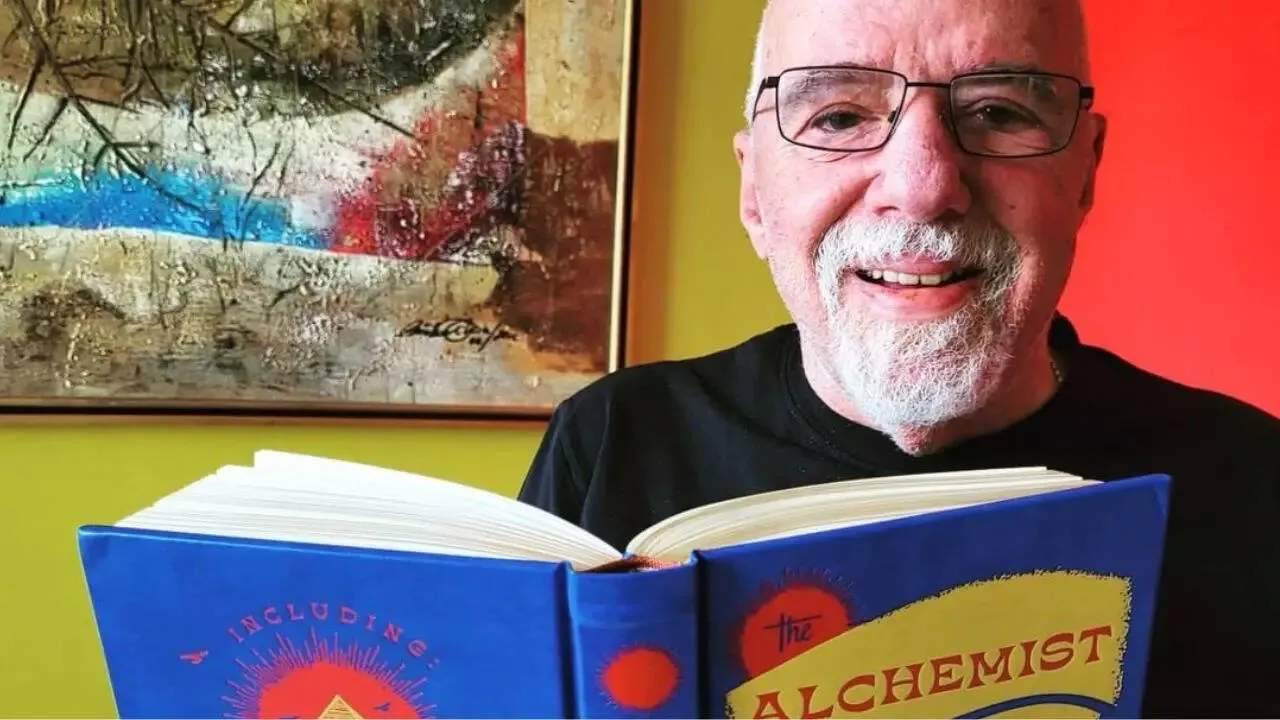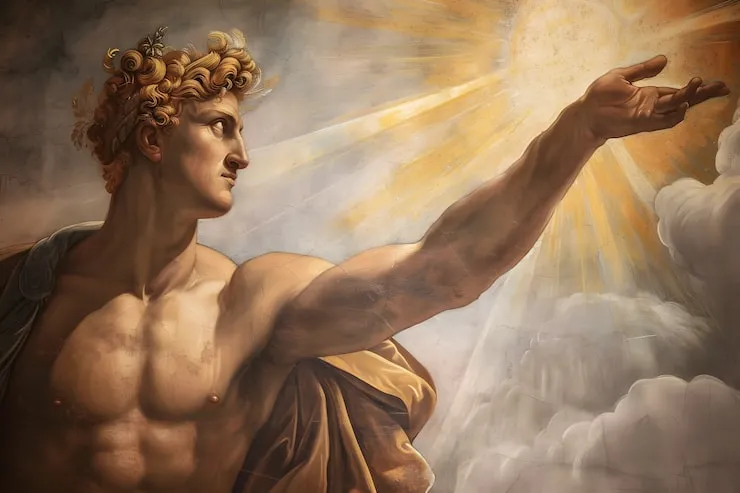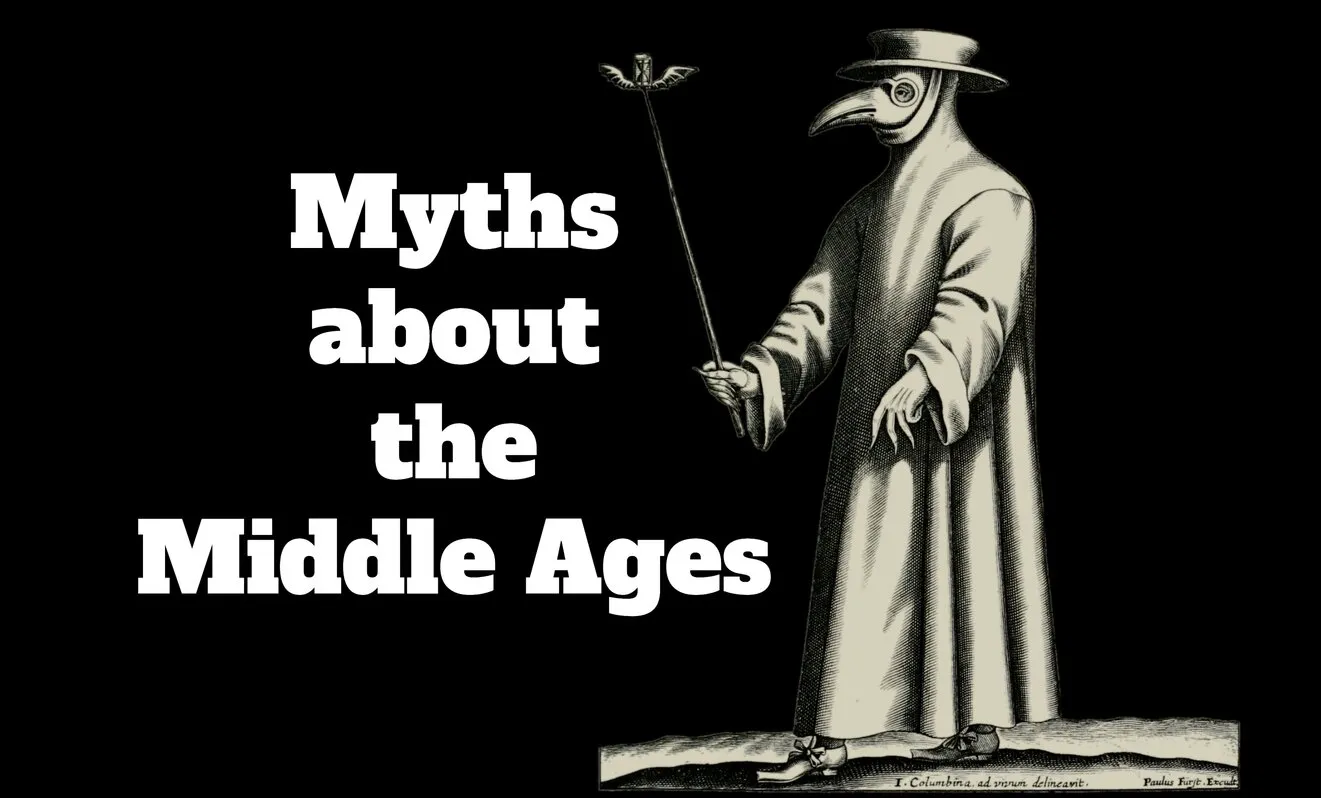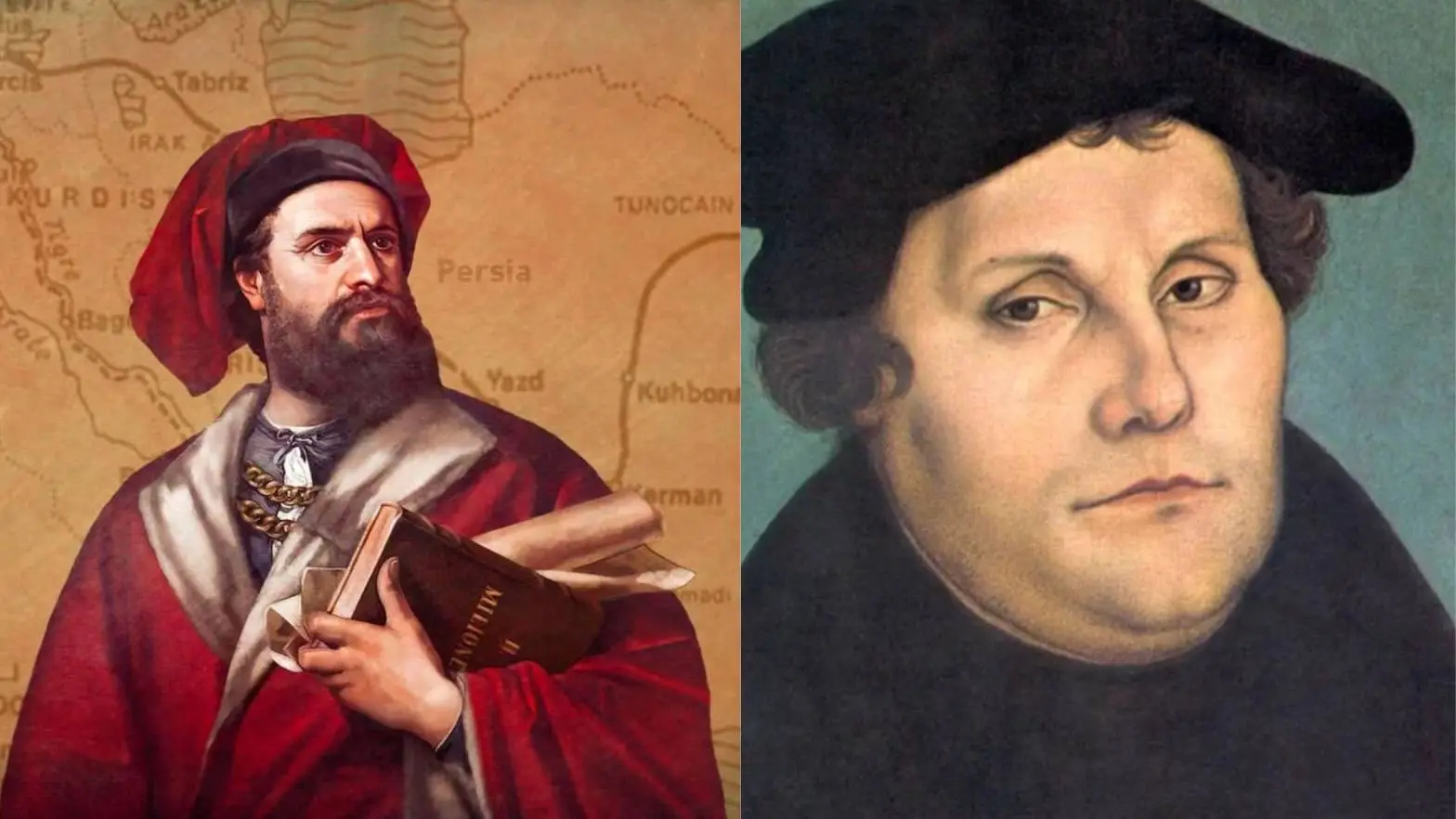Gandhi Jayanti, observed annually on October 2nd, commemorates the birth anniversary of Mahatma Gandhi - the foremost leader of India's independence movement and pioneer of the philosophy of non-violent resistance. This national holiday honors Gandhi's enduring legacy and provides an opportunity for reflection on his timeless teachings of truth, simplicity, and peace. As we explore the history, significance, and celebrations associated with this day, we discover the profound relevance of Gandhian principles in today's world and how his life continues to inspire global movements for social justice and peaceful change.
Who was Mahatma Gandhi?
Mohandas Karamchand Gandhi was born on October 2, 1869, in Porbandar, Gujarat, into a family steeped in Vaishnavism (worship of the Hindu god Vishnu) with strong Jain influences, both traditions emphasizing non-violence. His father served as the chief minister of Porbandar, while his mother was deeply religious. At age 13, he was married to Kasturba Kapadia, who would later actively participate in his civil disobedience campaigns.
Gandhi studied law in London from 1888-1891, where he was introduced to the Bible and read the Bhagavadgita in English for the first time. His transformative experience came while working for an Indian law firm in South Africa (1893-1915), where he faced racial discrimination, founding the Natal Indian Congress in 1894 to advocate for Indian rights. It was here that he developed satyagraha - a technique for redressing wrongs through inviting, rather than inflicting, suffering. Returning to India in 1915, he became a leader in the Indian National Congress and led the successful non-violent struggle for India's independence. Tragically, he was assassinated on January 30, 1948, by a Hindu fanatic.
Gandhi's Path to Non-Violence: A Legacy of Simplicity and Leadership
Gandhi's philosophy of non-violence evolved through distinct phases of his life, developing from personal experience into a powerful political tool that would eventually change the course of history.
-
South African awakening (1893-1915): Gandhi's first-hand experience with racial discrimination in South Africa sparked his transformation into a social reformer. The 1906 discriminatory law in Transvaal forcing all Indians to register with the government became the catalyst for his first organized satyagraha campaign. Through this political struggle, he developed and refined his technique of non-violent resistance, suffering frequent imprisonment alongside thousands of other Indians.
-
Philosophical foundations: Gandhi's philosophy drew from multiple spiritual traditions including the Jain principle of ahimsa (non-violence), Tolstoy's Christian anarchism, Thoreau's civil disobedience, and the Bhagavad Gita's concept of dharma (duty). He synthesized these influences into a unique approach to social and political change that emphasized truth force through peaceful resistance.
-
Simple living and high thinking: Gandhi embodied the principles he preached, embracing extreme simplicity in dress, diet, and lifestyle. He wore simple hand-spun khadi clothing, lived in ashrams with minimal possessions, and practiced strict vegetarianism and frequent fasting as both spiritual discipline and political protest.
When is Gandhi Jayanti Celebrated?
Gandhi Jayanti is celebrated annually on October 2, marking the birth anniversary of Mahatma Gandhi. In 2025, this falls on a Thursday. This date remains consistent each year, as it commemorates the specific day of Gandhi's birth in 1869.
As one of India's three national holidays, Gandhi Jayanti is observed across all states and union territories. Government offices, banks, post offices, and many businesses remain closed in honor of the Father of the Nation. The day is recognized not just in India but around the world as it also marks the International Day of Non-Violence, declared by the United Nations General Assembly in 2007.
International Day of Non-Violence
In 2007, the United Nations General Assembly officially declared October 2 as the International Day of Non-Violence. This resolution acknowledges Gandhi's enduring influence and the universal relevance of his philosophy of peaceful resistance.
The UN's declaration serves to spread Gandhi's message of non-violence through education and public awareness worldwide. It reaffirms "the universal relevance of the principle of non-violence" and the desire "to secure a culture of peace, tolerance, understanding and non-violence". This international recognition demonstrates how Gandhi's principles transcend national boundaries and continue to inspire global movements for social justice and peace.
Why is Gandhi Jayanti Celebrated?
Gandhi Jayanti serves multiple significant purposes in contemporary society:
-
Honoring foundational values: The day commemorates Gandhi's profound contribution to India's independence through non-violent means. It serves as a reminder of the core values he embodied: truth (satya), non-violence (ahimsa), simplicity, and self-reliance.
-
Educational function: Gandhi Jayanti provides an opportunity to educate younger generations about Gandhi's life, philosophy, and role in India's freedom struggle. Schools and institutions nationwide organize activities that help transmit these values to future generations.
-
Contemporary relevance: The observance encourages society to apply Gandhi's teachings to modern challenges, promoting communal harmony, social justice, and ethical governance. His principles offer guidance in addressing current issues through non-violent means and peaceful dialogue.
Movements Gandhi Ji Took Part in During the Freedom Struggle
Gandhi led and inspired several landmark movements that strategically weakened British control over India:
| Movement | Year | Significance |
|---|---|---|
| Non-Cooperation Movement | 1920-1922 | Urged Indians to resign from government jobs, withdraw from educational institutions, and boycott British goods. |
| Civil Disobedience Movement | 1930-1934 | Began with the famous Salt March against the British salt tax, leading to mass civil disobedience across India. |
| Salt Satyagraha (Salt March) | 1930 | Gandhi led a 240-mile march to the sea to produce salt illegally, challenging the British monopoly. |
| Quit India Movement | 1942 | Demanded immediate British withdrawal from India with the iconic "Do or Die" slogan. |
These movements demonstrated Gandhi's strategic brilliance in identifying symbolic issues that could mobilize mass participation while maintaining commitment to non-violence, ultimately making British rule increasingly unsustainable.
Recomanded to read :- Lal Bahadur Shastri Jayanti: A Tribute to India’s Humble Leader
Here are some Gandhian Ideologies or Teachings of Mahatma Gandhi
Gandhi's philosophy encompasses interconnected principles that remain profoundly relevant:
-
Satyagraha (Truth Force): Gandhi described satyagraha as "a technique for redressing wrongs through inviting, rather than inflicting, suffering, for resisting adversaries without rancor, and fighting them without violence". This approach emphasizes winning through conversion rather than coercion.
-
Ahimsa (Non-violence): For Gandhi, non-violence was not mere passive resistance but active love - refusing to harm others while courageously opposing injustice. He believed "non-violence is a weapon of the strong" that requires immense courage.
-
Swaraj (Self-rule): Beyond political independence, Gandhi envisioned swaraj as comprehensive self-governance encompassing individual self-regulation and community self-reliance. He connected political freedom with personal discipline.
-
Sarva Dharma Sambhava (Equal respect for all religions): Gandhi maintained that all religions contain truth and deserve equal respect. He frequently fasted for communal harmony and believed religious pluralism was essential to India's social fabric.
-
Swadeshi (Self-sufficiency): Gandhi promoted the use of locally-made goods, particularly khadi (homespun cloth), as both economic resistance to British rule and a means of village empowerment.
Here are some Interesting Facts about Gandhi Ji that You May Not Know
Beyond his well-known public role, Gandhi's life contained many fascinating dimensions:
-
Time Magazine recognition: Gandhi was declared Time magazine's Man of the Year in 1930, becoming the first and only Indian to receive this recognition.
-
Nobel Prize nominations: Despite his profound work for peace, Gandhi was nominated for the Nobel Peace Prize five times but never received the award.
-
Unique linguistic trait: During his early education, Gandhi was taught by an Irishman, resulting in his retaining an Irish accent when speaking English throughout his life.
-
Shared birthday: Gandhi shares his October 2 birthday with Lal Bahadur Shastri, another significant Indian leader who became India's second Prime Minister.
-
Comprehensive activist: While known for independence leadership, Gandhi also campaigned vigorously against social evils including untouchability and advocated for rural empowerment, women's rights, and education reform.
Here are some Facts about Gandhi Jayanti that You May Not Know
Gandhi Jayanti observance includes several distinctive elements:
-
Musical tribute: Gandhi's favorite bhajan, "Raghupati Raghava Raja Ram", is traditionally sung at prayer meetings and commemorative events across India on this day.
-
National holiday status: Gandhi Jayanti is one of India's three official national holidays, alongside Republic Day and Independence Day.
-
Dual observance: The day is unique in being celebrated as both a national holiday in India and an international UN observance - the International Day of Non-Violence.
-
Symbolic abstinence: Many followers traditionally avoid drinking alcohol or eating meat on Gandhi Jayanti as a mark of respect for Gandhi's principles.
-
Global road tributes: There are currently 48 roads outside India and 53 roads within India named after Mahatma Gandhi, demonstrating his global legacy.
How is Gandhi Jayanti Celebrated in India?
Gandhi Jayanti is observed across India through diverse traditional and official ceremonies:
-
Official commemorations: The President, Prime Minister, and other dignitaries pay homage at Raj Ghat - Gandhi's memorial in New Delhi. Statues of Gandhi throughout the country are decorated with flowers and garlands.
-
Prayer meetings: Multi-faith prayer services are held nationwide, typically featuring Gandhi's favorite devotional songs and readings from different religious texts.
-
Educational activities: Schools and colleges conduct special assemblies, essay competitions, drawing contests, and speeches about Gandhi's life and philosophy. Students often participate in fancy dress competitions portraying Gandhi.
-
Cultural programs: Government institutions and socio-political organizations host commemorative ceremonies featuring patriotic songs, dance performances, and screenings of films about Gandhi's life.
Here is How the Day is Celebrated Across India
Regional observances of Gandhi Jayanti reflect local traditions while honoring national legacy:
-
Delhi: The most significant celebrations occur at Raj Ghat, where an official ceremony includes flower offerings and prayer meetings attended by national dignitaries.
-
Gujarat: Special events are held at Sabarmati Ashram in Ahmedabad, focusing on Gandhi's life and teachings through exhibitions, prayer meetings, and cultural programs.
-
Maharashtra: Mani Bhavan in Mumbai serves as a major center for commemorative activities, housing a research institute and museum dedicated to Gandhi.
-
Nationwide cleanliness drives: Since 2014, Gandhi Jayanti has also marked the launch and continuation of the Swachh Bharat Abhiyan (Clean India Mission), embodying Gandhi's emphasis on sanitation and public hygiene.
Here are a Few Impactful and Timeless Gandhi Jayanti Quotes that People Share on this Day
Gandhi's eloquent words continue to inspire generations with their timeless wisdom:
"Be the change that you wish to see in the world."
"The best way to find yourself is to lose yourself in the service of others."
These quotes capture the essence of Gandhi's philosophy and are widely shared on social media, in speeches, and educational materials during Gandhi Jayanti celebrations.
How Can You Celebrate Gandhi Jayanti?
Individuals can meaningfully observe Gandhi Jayanti in both traditional and contemporary ways:
-
Personal reflection: Read Gandhi's writings or biographies to understand his philosophy. Reflect on how to apply his principles of truth and non-violence in daily life.
-
Community service: Participate in or organize cleanliness drives in your neighborhood, school, or workplace, supporting the Swachh Bharat Abhiyan. Volunteer with local organizations addressing social issues.
-
Digital advocacy: Share Gandhi's quotes and messages on social media to spread awareness about his teachings. Use platforms to promote peace and communal harmony.
-
Educational engagement: Attend or organize prayer meetings, discussions, or film screenings about Gandhi's life. Encourage children to participate in essay competitions or artistic expressions inspired by Gandhian values.
-
Sustainable action: Make personal commitments to simplicity and sustainability - reduce consumption, avoid single-use plastics, or support local artisans and khadi products.
What is the Importance of Gandhi Jayanti?
Gandhi Jayanti holds profound significance in multiple dimensions:
-
Historical significance: The day commemorates the birth of the leader who developed and successfully implemented non-violent civil disobedience as a powerful tool for social and political change, ultimately leading India to independence.
-
Moral compass: Gandhi Jayanti serves as an annual reminder of the enduring values Gandhi embodied - truth, non-violence, simplicity, and communal harmony - providing ethical guidance in an increasingly complex world.
-
Educational importance: The observance ensures the transmission of Gandhian ideals to successive generations, helping young people understand their relevance to contemporary issues like social justice, environmental sustainability, and peaceful conflict resolution.
-
Unifying function: As a national holiday celebrated across India's diverse cultures and communities, Gandhi Jayanti fosters national unity and pride while honoring a figure respected worldwide.
-
Global relevance: The simultaneous observation as the International Day of Non-Violence underscores how Gandhi's philosophy transcends national boundaries and offers solutions to global challenges.
Conclusion
Gandhi Jayanti transcends mere birthday commemoration to serve as a living tribute to Mahatma Gandhi's enduring legacy. His principles of truth, non-violence, and social justice continue to resonate globally, offering guidance in addressing contemporary challenges. By observing this day through reflection, education, and action, we honor not just the historical figure but the timeless values he embodied. As we navigate an increasingly complex world, Gandhi's teachings remind us of the transformative power of peaceful resistance, simple living, and unwavering commitment to truth. Let us carry forward his legacy by embodying his most famous exhortation: "Be the change you wish to see in the world."



